K-State Current
K-State Current - February 23, 2022
K-State Current is a weekly news update for the Kansas Board of Regents to apprise the Regents on a few of the many successes and achievements made by K-State faculty, staff, and students.
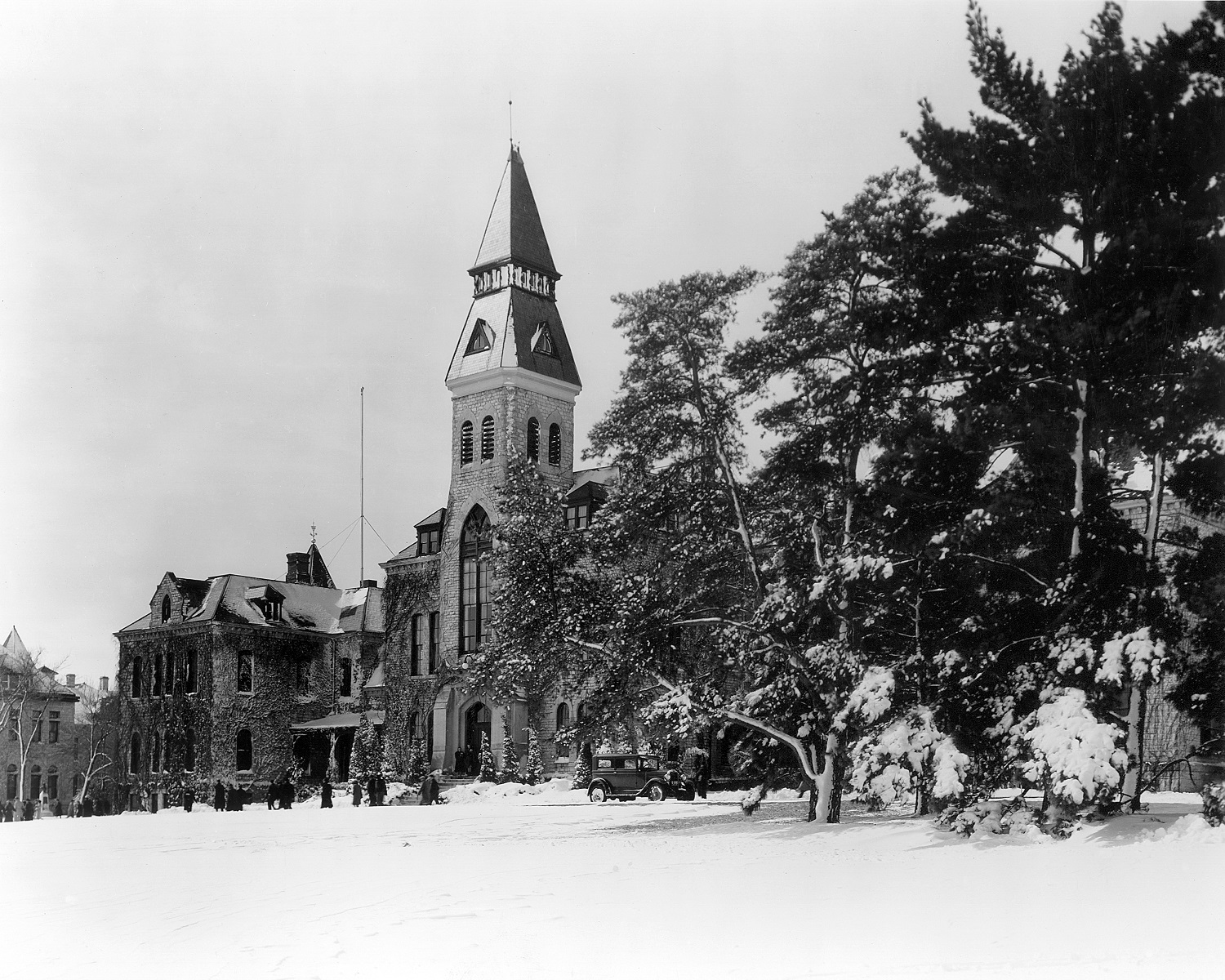
K-State News
Benjamin Wolfe to lead K-State Olathe as CEO and dean
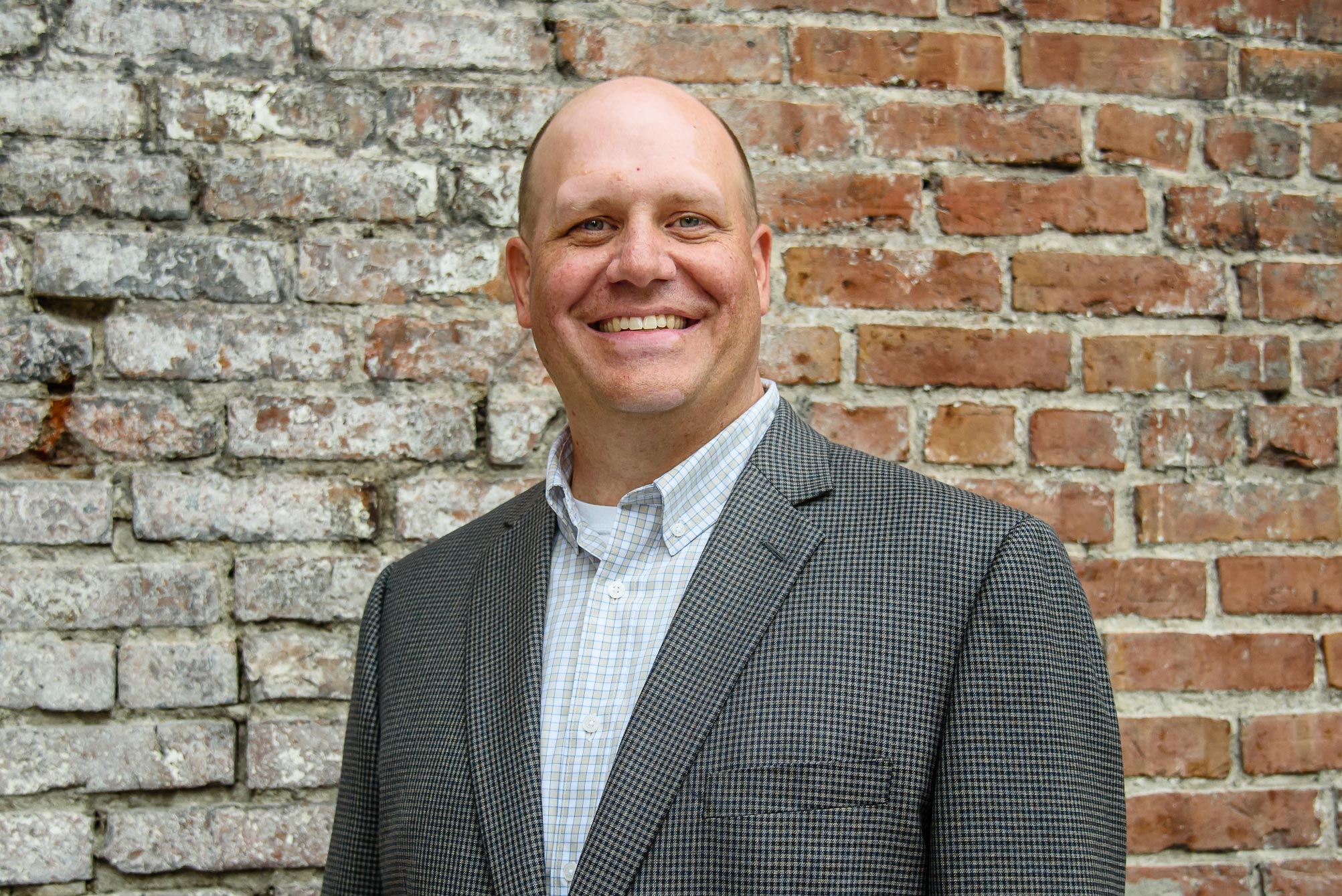 Following a national search, Benjamin Wolfe will become the next CEO and dean of Kansas State University Olathe. Wolfe currently serves as associate dean of the School of Professional Studies at the University of Kansas and of the KU Edwards Campus in Overland Park.
Following a national search, Benjamin Wolfe will become the next CEO and dean of Kansas State University Olathe. Wolfe currently serves as associate dean of the School of Professional Studies at the University of Kansas and of the KU Edwards Campus in Overland Park.
Wolfe's appointment was made by Charles Taber, K-State executive vice president and provost. He will start his new position on June 12.
"Benjamin Wolfe possesses the knowledge and experience of the academic and workforce development needs of the Kansas City region, which will be key in his new job as CEO and dean of K-State Olathe," Taber said. "He will serve as an advisor to both President Linton and myself on establishing both strategic directions and significant initiatives in research and education in the Kansas City region by the university."
Wolfe also will work with university and regional stakeholders to maintain a strategic focus for K-State Olathe consistent with the strategic directions of the university and to build continued excellence and growth in education, research and outreach programs offered through the Olathe campus. As chief administrative officer of the campus, Wolfe will be responsible for overall program leadership, strategic direction, fiscal stewardship, fund development, policy formulation, impact assessment and aligning the efforts and strengths of K-State Olathe with the university's.
K-State Olathe, home to the School of Applied and Integrated Studies, has a focus on animal health, and food safety and security, and offers graduate programs with research- and professional-based degrees and certificates. The campus also continues to expand its undergraduate offerings and pathway partnerships with area community colleges.
"Building on the great work already taking place at the campus, K-State Olathe is poised to be the workforce development leader in Kansas City," Wolfe said. "I am excited to help align the current and new education and research opportunities of K-State Olathe and the Kansas City metro with the strategic vision of President Linton and Provost Taber."
In his current post since July 2020, Wolfe serves on the Edwards Campus leadership team and he collaborates with campus leadership to develop strategic approaches to increase degree offerings and build supportive infrastructure for enrollment strategies and student success for both undergraduate and graduate students. He is responsible for faculty, academic budgeting and finance. Wolfe has led new program development facilitating the launch of over 20 new degree and certificate programs, including a bachelor's in health sciences, professional science master's degree in environmental geology, a master's in applied statistics and data science, and more. He also supervises the KU Leavenworth campus, with responsibilities and oversight of campus instructional activities, and holds a teaching professor appointment in the environmental studies program at KU.
Before becoming associate dean, Wolfe served as KU Edwards Campus' director of faculty and administration and as director of academic and faculty support. He also has worked at Metropolitan Community College-Kansas City, where he served as director of the college's Title III grant program and was chair of the natural and social sciences department and was a member of the geology/geography faculty at the college's Blue River Campus in Independence, Missouri.
Wolfe is a published researcher in geoscience education and higher education policy and has presented at conferences and workshops nationally on topics, including workforce development, strengthening regional partnerships between higher education institutions and broadening participation in the sciences. He earned a bachelor's degree, with distinction, in geology from the University of Nebraska, Lincoln, a master's in geology from the University of Alaska, Fairbanks, and a doctorate in educational leadership and policy studies from KU.
A peer reviewer for the Higher Learning Commission, Wolfe was named the commission's 2018 Peer Reviewer Rookie of the Year. He is a member and committee chair of the National Association of Geoscience Teachers and is a member of the Geological Society of America and Golden Key International Honor Society. He is a recipient of the Missouri Governor’s Award in Teaching Excellence.
Feed the Future Innovation Lab for the Reduction of Post-Harvest Loss kicks off $1 million costed extension
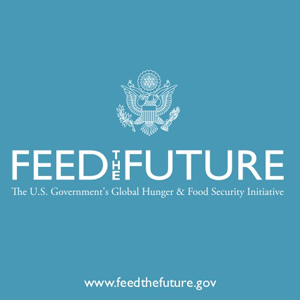 The College of Agriculture's Feed the Future Innovation Lab for the Reduction of Post-Harvest Loss has received a costed extension from the U.S. Agency for International Development for a ninth year of program activities. This uncommon second costed extension for an innovation lab was awarded in recognition of the significant success the lab has realized in moving research innovations into scaling.
The College of Agriculture's Feed the Future Innovation Lab for the Reduction of Post-Harvest Loss has received a costed extension from the U.S. Agency for International Development for a ninth year of program activities. This uncommon second costed extension for an innovation lab was awarded in recognition of the significant success the lab has realized in moving research innovations into scaling.
Two centers in USAID's Bureau for Resilience and Food Security joined forces to fund the extension: the Nutrition Center — which hosts the Post-Harvest Loss Innovation Lab — and the Agriculture-Led Growth Center — the innovation lab's original hosting center. With this further support, the lab will continue the scaling of postharvest technologies and practices to reduce food loss, focusing on Ghana and Bangladesh.
The program will continue multidisciplinary research to glean insights and further refine scaling strategies to ensure innovations scale with inclusive benefits across the food system. Year nine will extend research and partnerships to propel successful technologies along the product life cycle and into sustainable use.
On Jan. 25 and 27, the Post-Harvest Loss Innovation Lab held a year nine kickoff meeting attended by partners, including strong engagement from eight colleagues at USAID. The annual meeting successfully catalyzed ongoing conversations with several of these USAID colleagues, focused on critical research and scaling considerations.
In Ghana year nine activities, the innovation lab will coalesce its eight previous years of work across the food system to galvanize linkages between smallholder farmers, poultry producers, private sector partners and other key actors to ensure sustainable reduction of postharvest loss issues beyond the life of the program. Specifically, this will include activities around expanded support to the Women in Poultry Association; further characterization of improved poultry performance with properly stored feed, a key adoption consideration; research and dissemination of elevated platforms to reduce aflatoxin accumulation in corn; adaptation of the Arc'teryx tent solar dryer; expanded engagement to address postharvest losses with resource-poor smallholder farmers in Northern Ghana; expanding relationships with key agricultural extension advisors of the Ministry of Agriculture; and supporting the mayor of Accra's plan to transform the urban food system to reduce food loss and waste. An already flourishing private sector partnership with Sesi Technologies, led by young entrepreneur Isaac Sesi and manufacturer of the GrainMate moisture meter, will continue to be fostered as the company grows to meet increasing market demand for low-cost grain drying technologies and general postharvest management.
In Bangladesh, year nine project activities will continue to be led by Bangladesh Agricultural University, with strong support from University of Illinois' ADM Institute for the Prevention of Postharvest Loss. Activities include testing and adaptation of a Post-Harvest Loss Innovation Lab-developed 12-ton rice mill dryer that the lab team adapted for high performance and capacity to dry both paddy and parboiled rice, which previously required two separate dryers. It is estimated that more than 1 million smallholder farmers will benefit from 25% of the nation's mills adopting this technology. To safeguard the national seed supply, trials of GrainPro hermetic cocoons will continue with the government's Bangladesh Agricultural Development Corporation. Given the importance of nutrient-dense perishables to nutrition, the Post-Harvest Loss Innovation Lab will work with Bangladesh Agricultural University to adapt the Arc'teryx tent solar dryer for perishable high-nutrient foods as well as grains, with leadership from K-State Olathe's Postharvest Physiology Lab.
Finally, a key part of why USAID awarded a ninth year, the innovation lab will continue supporting scale-up of the widely accepted Post Harvest Loss Innovation Lab BAU-STR dryer throughout the country. Of importance, the government of Bangladesh's national agricultural mechanization subsidy program will support local smallholder producers interested in purchasing a BAU-STR dryer.
Given the tremendous challenges and instability faced in Ethiopia, year nine will also enable the innovation lab to wrap up key activities, especially supporting graduate students toward completion.
Expert collaborators from across multiple disciplines and institutions will continue to contribute to this work. The project team will continue to be led by Jagger Harvey of K-State's plant pathology department as the primary principal investigator. Key leadership team members in year nine include George Opit of Oklahoma State University as the principal investigator of Ghana; Georgina Bingham, University of Nebraska-Lincoln ; and Eleni Pliakoni, horticulture and natural resources department, and Tricia Jenkins, postharvest specialist, both at K-State Olathe; Anna Snider, AgReach, international agriculture development specialist; Jisang Yu and Ben Schwab, both of the K-State agricultural economics department; Misty Lambert, North Carolina State University; and Jonathan Ulmer, K-State's communication and agricultural education department.
The Innovation Lab for the Reduction of Post-Harvest Loss Management Entity team provides further support and contributions: Jessa Barnard, assistant director; Catherine Hickman, fiscal analyst; and Mamadou Thiam, program coordinator. A range of private sector partners, both in the U.S. and in partner countries, will also be instrumental to the innovation's lab success in year nine.
The lab looks forward to additional partnership opportunities to secure a safe, adequate and nutritious harvest for all.
This work is supported by the Post-Harvest Loss Innovation Lab with funding from USAID as part of Feed the Future, the U.S. government's global hunger and food security initiative.
K-State Faculty Highlights
K-State Student News
Five K-State students taking part in Kansas Undergraduate Research Days
 Kansas Undergraduate Research Days, a free, live virtual event, will be presented March 1-3 and feature the work of 40 undergraduate researchers at Kansas Board of Regents' four-year public universities. Five students from Kansas State University are among the presenters.
Kansas Undergraduate Research Days, a free, live virtual event, will be presented March 1-3 and feature the work of 40 undergraduate researchers at Kansas Board of Regents' four-year public universities. Five students from Kansas State University are among the presenters.
Five undergraduate researchers from Kansas State University will take part in Kansas Undergraduate Research Days, March 1-3. This select virtual event can be viewed live for free at symposium.foragerone.com/kansas-undergraduate-research-days/registration.
The K-State students will be joined by undergraduate researchers from each of the other Kansas Board of Regents four-year public universities in presenting their projects online. The event is sponsored this year by the University of Kansas.
"Undergraduate Research Days showcases undergraduate research in Kansas, providing a forum for undergraduates from across Kansas to present their research to our state legislators and other guests visiting the website," said Dawn Tallchief, assistant director for student programs with the Center for Undergraduate Research at KU and the coordinator of this year's event.
The Kansas Undergraduate Research Days website will feature posters and accompanying student videos describing the research projects. Visitors will be able to comment and post questions for the student presenters. Students, faculty, Kansas Board of Regents members, state lawmakers and members of the public from across the state are invited to participate. The event is intended to raise awareness of research being conducted by undergraduate students and to highlight the transformational educational opportunities available to students at each Regents university.
The following K-State students will present their work at the Undergraduate Research Days:
- Carson Gido, junior in biochemistry, Manhattan, mentored by Brian Geisbrecht, professor of biochemistry and molecular biophysics, will present "Inhibition of Neutrophil Serine Proteases by Staphylococcus aureus Extracellular Adherence Protein Domains."
- Stephanie Ma, junior in chemical engineering, Rosehill, mentored by Chuancheng Duan, assistant professor of chemical engineering, will present "Opening the Black Box of Catalytic CO2 Conversion Into Fuel."
- Kinsley Searles, senior in English literature, Topeka, mentored by Lisa Tatonetti, professor of English, and Mary Kohn, associate professor of English, will present "Kansas Land Treaties Project."
- Dewey Leierer, senior in biochemistry, Wichita, mentored by Brenda Oppert, K-State adjunct professor of entomology and research molecular biologist with the U.S. Department of Agriculture, will present "Shotgun Metagenomic Case Study of a Yellow Mealworm (Tenebrio Molitor) Colony Collapse."
- Nassima Amiar, senior in biology, Manhattan, mentored by Loretta Johnson, professor of biology, will present "Do Soil Microbes Enhance Leaf Area and Biomass in Big Bluestem Growing Across a Precipitation Gradient?"
"We are excited for the opportunity to showcase and celebrate the excellent undergraduate research at Kansas State University," said Brenee King, director of K-State's Office of Undergraduate Research and Creative Inquiry. "Our group of student presenters represents the interdisciplinary research that undergraduate students can engage with during their time on campus. We are proud of all the undergraduate research and creative inquiry occurring at K-State."
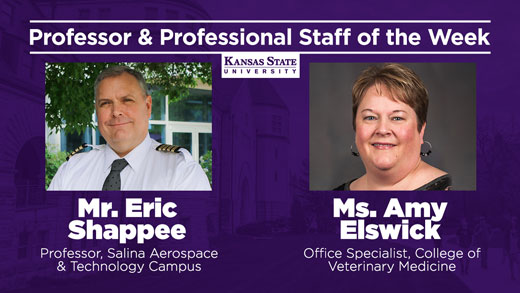
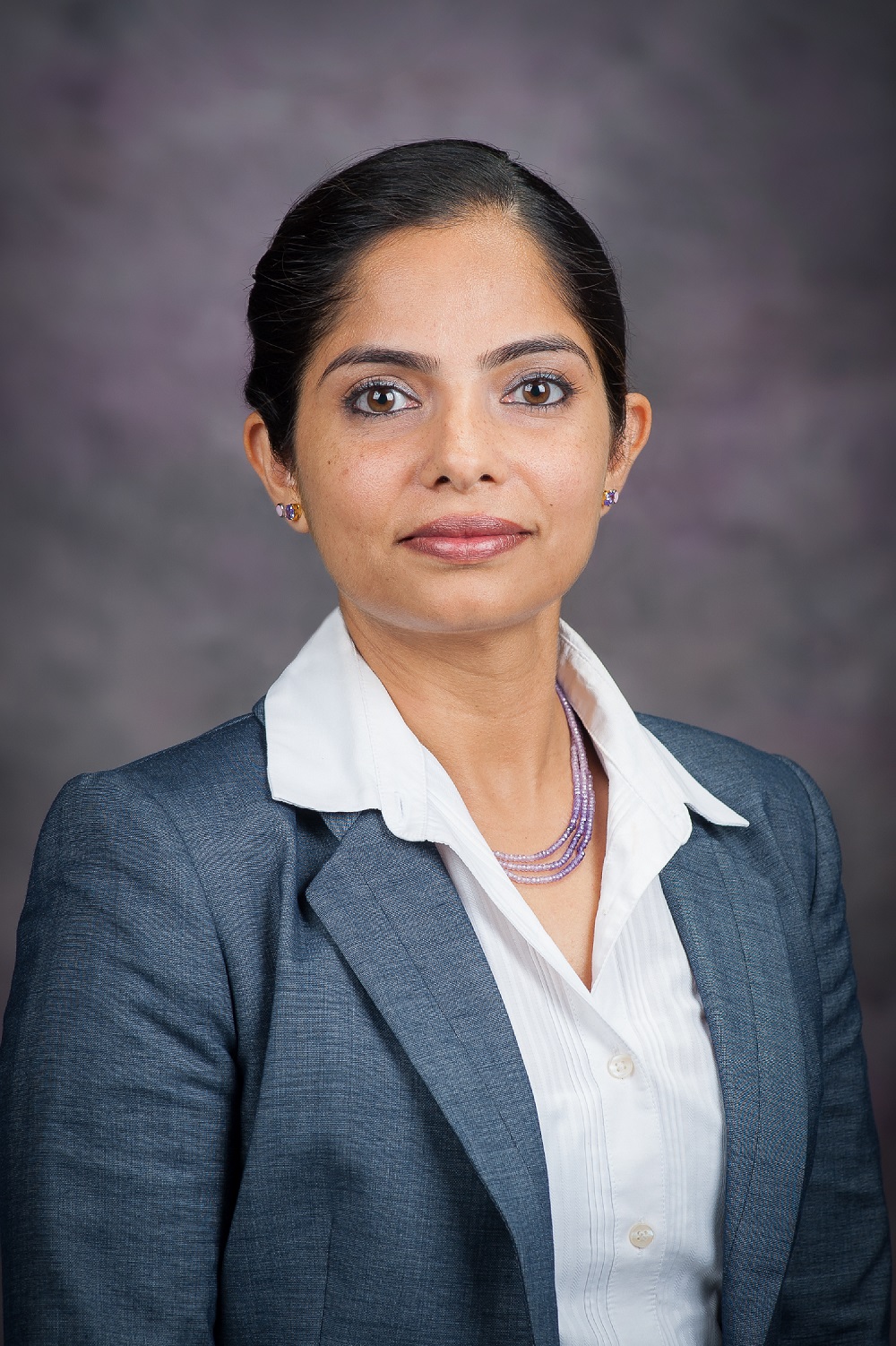 The National Science Foundation has announced that
The National Science Foundation has announced that